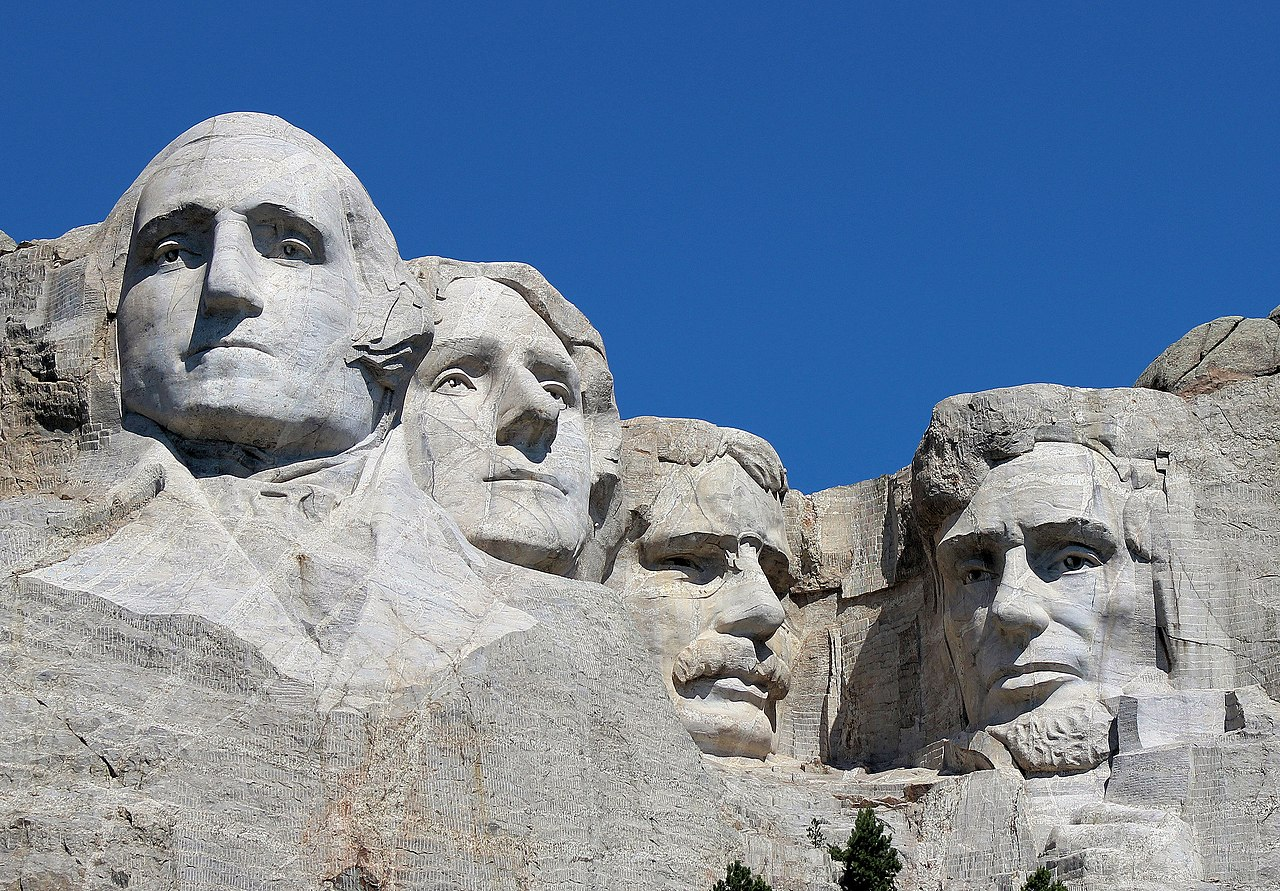
The great man theory is an idealist theory of history that claims that the drivers of history are great individuals instead of the masses. Joseph Stalin rejected this unscientific theory:
The times have passed when leaders were regarded as the only makers of history, while the workers and peasants were not taken into account. The destinies of nations and of states are now determined, not only by leaders, but primarily and mainly by the vast masses of the working people. The workers and the peasants, who without fuss and noise are building factories and mills, constructing mines and railways, building collective farms and state farms, creating all the values of life, feeding and clothing the whole world—they are the real heroes and the creators of the new life.
— Joseph Stalin, Speech Delivered at the 1st All-Union Congress of Collective Farm Shock Brigadiers, 1933
Juche also rejects great man theory and believes the masses, not individuals, drive history.[1]
References
- ↑ “The Juche idea has defined that the driving force of history is the popular masses, giving a scientific solution to who the driving force of the socio-historical movement is.
That the popular masses are the main agent of history means that they are at the centre of history and the social movement is conducted by them. In other words, they are the performers of the socio-historical movement.”
Juche Idea: Answers to Hundred Questions: 'What is the driving force of history defined by the Juche idea?' (2012). Pyongyang: Foreign Languages Publishing House.